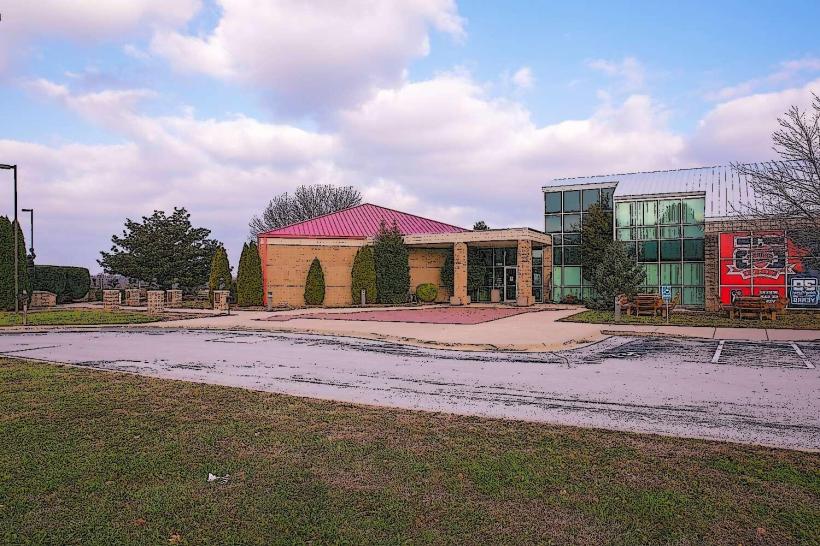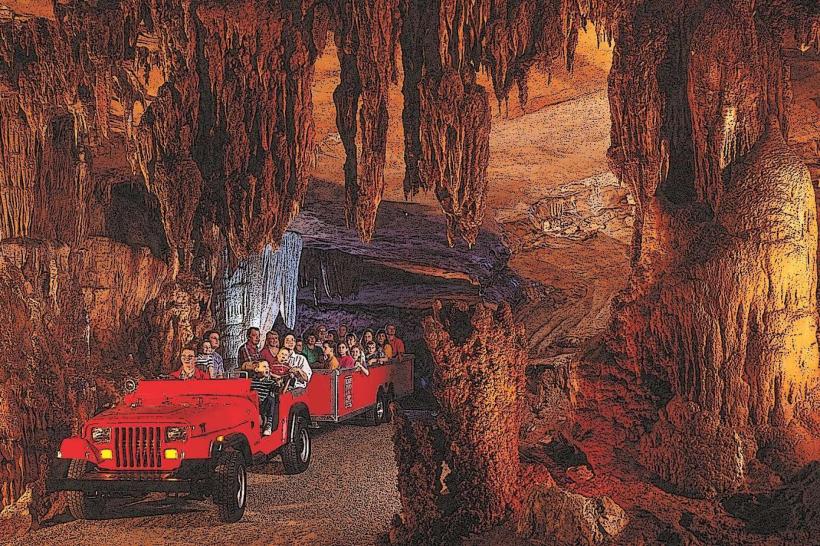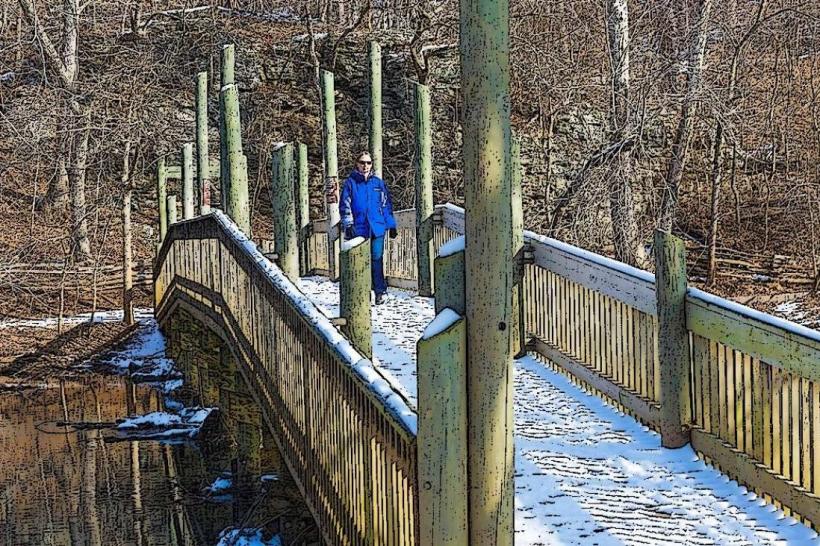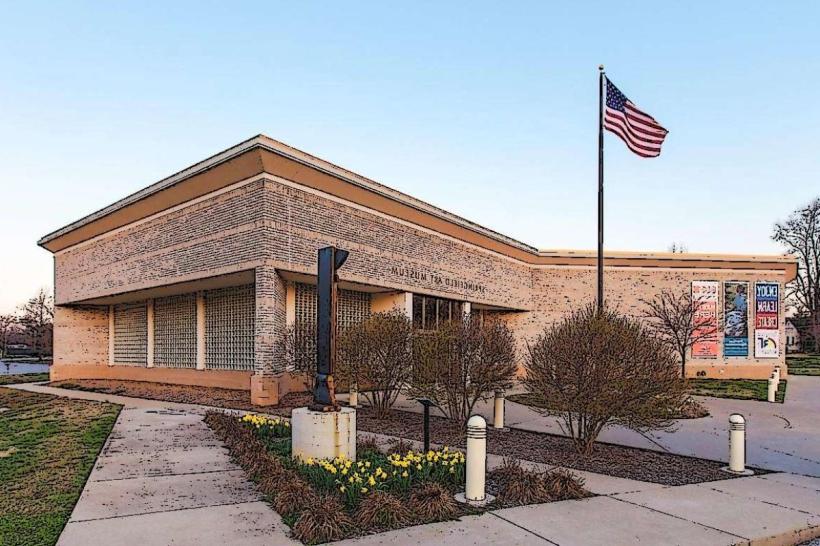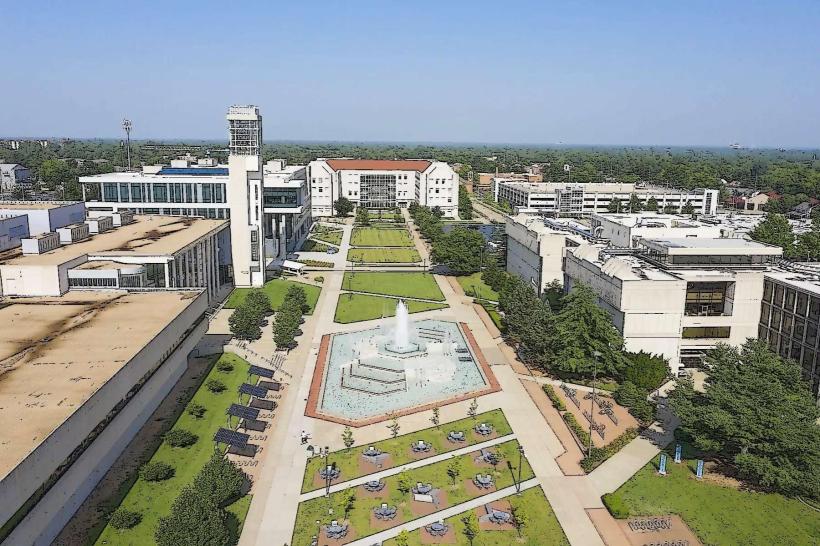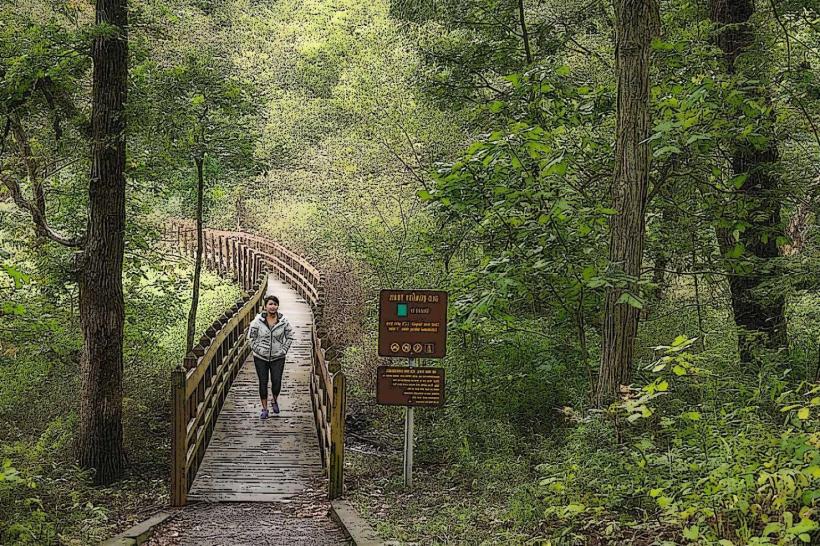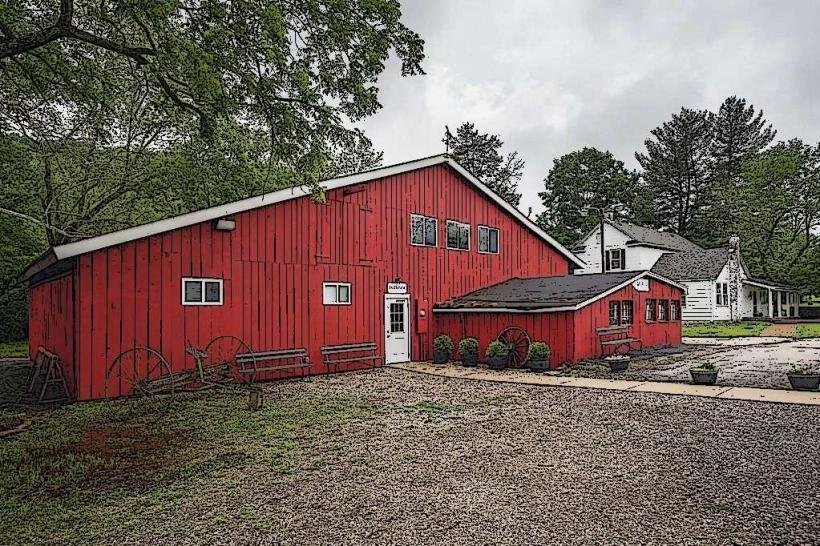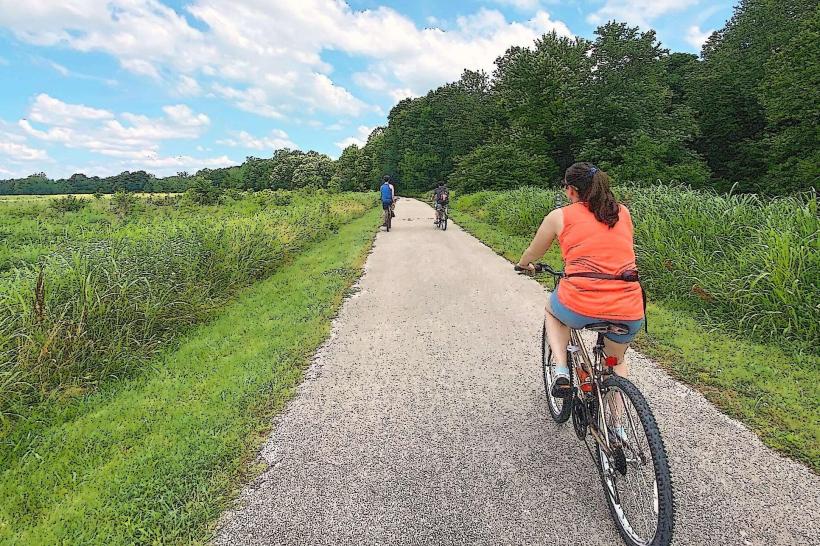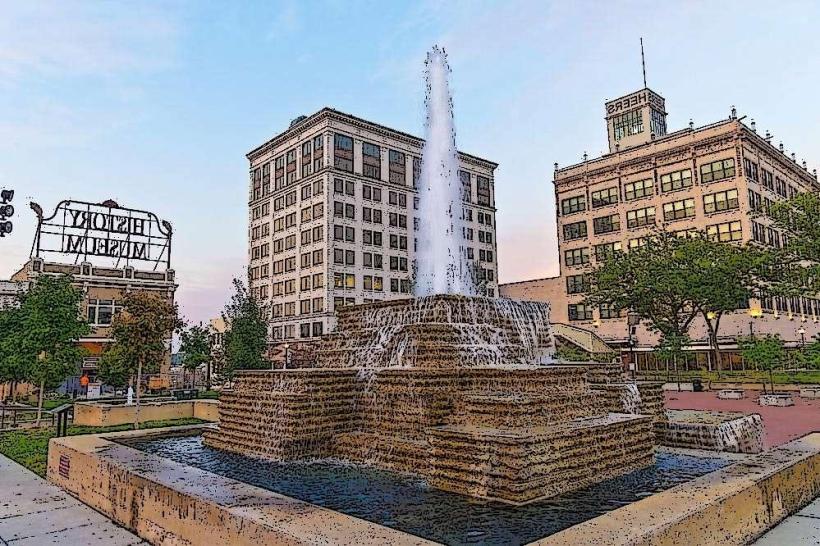Information
Landmark: Battle of Carthage Historic SiteCity: Springfield MO
Country: USA Missouri
Continent: North America
Battle of Carthage Historic Site, Springfield MO, USA Missouri, North America
North Leominster Park is a municipal park located in Fitchburg, Massachusetts.
Visual Characteristics
The park features a central open lawn area bordered by mature deciduous trees. A paved walking path, approximately 1.5 meters wide, encircles the perimeter. A small, man-made pond, roughly 50 meters in diameter, is situated in the western section of the park. The pond's edge is lined with concrete retaining walls and aquatic vegetation.
Location & Access Logistics
North Leominster Park is situated 3 kilometers east of Fitchburg's city center. Access is via Merriam Avenue, with a clearly marked entrance. A dedicated parking lot with approximately 30 spaces is available directly off Merriam Avenue. The Fitchburg RTA Bus Route 15 stops at the intersection of Merriam Avenue and North Leominster Park Road, approximately 0.2 kilometers from the park entrance.
Historical & Ecological Origin
The park was established in 1958 on land formerly used for agricultural purposes. The pond was created in 1965 as part of a municipal beautification project. Ecologically, the park represents a managed urban green space with a mix of native and introduced tree species.
Key Highlights & Activities
Walking the paved perimeter path. Observing waterfowl on the pond. Picnicking on the central lawn. Children's playground access.
Infrastructure & Amenities
Restrooms are located adjacent to the parking lot. Several picnic tables are available under mature trees, providing shade. Cell phone signal (4G) is generally consistent throughout the park. No food vendors are permanently located within the park; however, commercial establishments are present along Merriam Avenue within 0.5 kilometers.
Best Time to Visit
For photography, early morning (7:00 AM - 9:00 AM) offers soft light on the pond. The months of May through October provide the most favorable weather conditions for outdoor activities. The pond is accessible year-round.
Facts & Legends
A local anecdote suggests that the pond was once intended to be significantly larger, but construction was halted due to unforeseen geological challenges related to bedrock depth.
Nearby Landmarks
- Fitchburg Art Museum (1.8km West)
- Coggshall Park (2.5km Southwest)
- Rollstone Boulder (3.2km West)
- Fitchburg State University (3.5km West)

